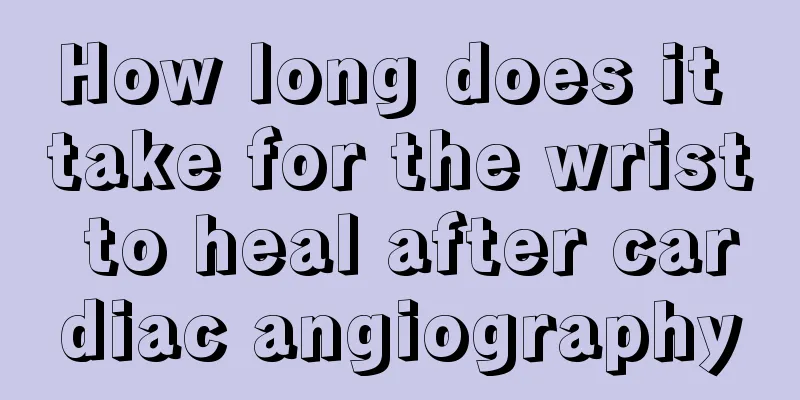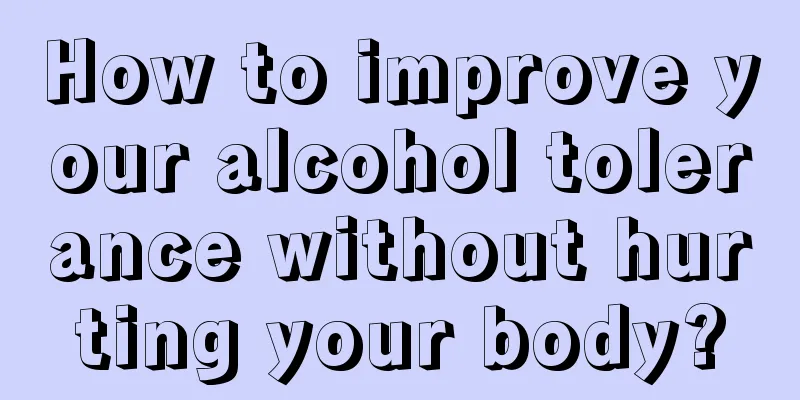Tips for ear protection

|
The ear is a very important organ of the human body, and it is necessary to protect the ear in a comprehensive way to avoid ear damage. In normal times, many people like to listen to music, which requires wearing headphones. Headphones can cause some damage to the eardrum, so when choosing headphones, you must be careful not to wear them too much. So what are the tips for ear protection? Many people are not very clear about the tips for ear protection. The following is a detailed introduction to this type of problem. However, when protecting your ears, you need to do it for a long time so as to avoid problems with your ears. This is also something you need to pay attention to. Ear protection tips: 1. Listen to MP3 and master the "60-60" principle. This is an internationally recognized method of protecting hearing. When listening to music with headphones, the volume should not exceed 60% of the maximum volume, and the continuous listening time should not exceed 60 minutes. In addition, it is best to choose head-mounted headphones, which are less damaging to hearing than in-ear headphones. Try not to listen to music with headphones in noisy environments. 2. Use protective earplugs in noisy environments. Some people have to work and live in a noisy environment, such as airports and construction sites. They can wear protective earplugs to effectively block some of the noise. If you can't find earplugs temporarily, you can use cotton balls or paper balls to stuff them into your ears, which can also provide a certain degree of protection. 3. Eat a healthy diet and exercise. Vitamin B1, B2, B6 and vitamin C can protect auditory cells. You can take vitamin supplements appropriately, or eat more whole grains, lean meat, eggs, fresh vegetables, fruits and other foods. Modern people lead stressful and tense lives, so they should do proper physical exercise to keep a happy mood. 4. Don’t open the window when driving fast. According to the ABC, car windows that are opened too wide, wind noise when driving fast and traffic noise when driving slowly are the main causes of hearing damage. 5. Don’t clean your ears frequently. When cleaning your ears, it is best to use a cotton swab, gently rotate it at the opening of the external auditory canal, then turn your ears downward to allow the earwax to drain out on its own. Avoid using sharp objects such as nails and clips to pick your ears; do not pick your ears frequently, generally once a week. 6. If you live near the road, don’t install sliding windows. Song Guangsheng, director of the National Indoor Environment Quality Inspection Center, pointed out that its sound insulation effect is far inferior to that of casement windows with better sealing, and more green plants can be placed near the windows. 7. The volume of the TV and headphones should not be too loud. It is better to use soft and non-irritating sound; do not use headphones in noisy environments such as when riding a bike or walking. 8. For people who frequently use headphones, if they experience symptoms such as dizziness or ear pain, they should temporarily stop using headphones. If tinnitus or hearing loss occurs, seek medical attention immediately. The above is a detailed introduction to the ear protection tips. When protecting your ears, you can completely follow the above methods. However, when protecting your ears, you must pay attention to doing it appropriately and not over-protecting, which will cause some physical effects. In the process of ear protection, you must first understand some method choices. |
<<: Teach you how to shave correctly
>>: Can cauliflower be stored in the refrigerator?
Recommend
What indicators does the ovarian cancer hospital check
The appearance of ovarian cancer makes patients v...
What pillow should I use if I have a bad spine
Nowadays, due to life and work, everyone is under...
Could constant insomnia and dizziness be a sign of brain cancer?
Could constant insomnia and dizziness be a sign o...
What are the methods for treating vitiligo
In life, we often see some people suffering from ...
Nursing treatment of malignant liver cancer What are the treatment methods? Introduction to nursing methods for patients after liver cancer surgery
What are the treatment methods for malignant live...
Why are my hands and feet so hot?
Patients with different physical conditions will ...
What causes bacterial colds
In our daily life, colds are not unfamiliar to us...
What to do if you have a runny nose
Runny nose is a common thing in a person's li...
Is gastric cancer stage T2 serious?
Gastric cancer stage T2 is generally more serious...
Why do I always lose a lot of hair
Everyone loses hair every day. From a physiologic...
A little trick before going to bed to strengthen the liver and protect the kidneys
Sleeping is something we have to do every day. On...
How to quickly hold urine before doing B-ultrasound
Not many B-ultrasounds require holding urine, but...
Are probiotics effective for constipation?
The big problem of constipation has always troubl...
Eating foods high in animal fat can increase the risk of prostate cancer
Some previous studies have suggested that foods h...
What to do if lymphoma relapses after surgery
Lymphoma is a malignant lymphoma in medicine. The...









